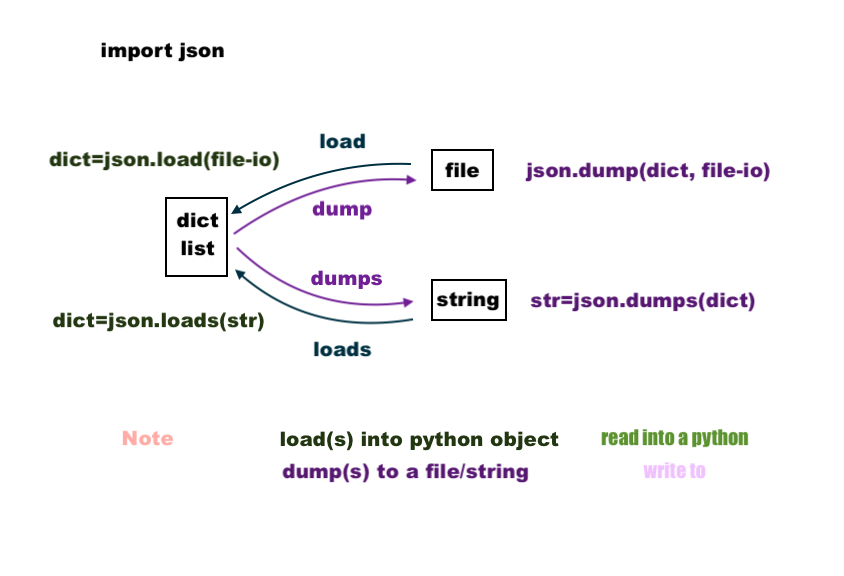Python JSON from file
Python JSON from file
I understand that you want me to respond in English and discuss how to load a JSON file using Python. Here's the explanation:
Loading a JSON file in Python is a straightforward process, thanks to the built-in json module. Let's go through the steps:
Step 1: Importing the json Module
To start with, you need to import the json module. This can be done using the following line of code:
import json
This will give you access to all the functions and methods provided by the json module.
Step 2: Opening the JSON File
Next, you'll need to open the JSON file that you want to load. You can do this using Python's built-in open() function:
with open('example.json', 'r') as f:data = json.load(f)
In this example, we're opening a file named example.json in read mode ('r'). The with statement ensures that the file is properly closed when you're done with it, even if an error occurs.
Step 3: Loading the JSON Data
Now that your file is open, you can use the json.load() function to load the JSON data:
data = json.load(f)
This will take the contents of the file and convert them into a Python object (such as a dictionary or list).
Step 4: Working with the Loaded Data
Once you've loaded your JSON data, you can start working with it. For example, if you have a JSON file that contains a list of dictionaries:
[{"name": "John", "age": 30},
{"name": "Jane", "age": 25}
]
You could load the file and then access each dictionary like this:
for person in data:print(f"{person['name']} is {person['age']} years old.")
This will output:
John is 30 years old.
Jane is 25 years old.
Example Code
Here's the complete code example:
import jsonwith open('example.json', 'r') as f:
data = json.load(f)
for person in data:
print(f"{person['name']} is {person['age']} years old.")
This code assumes that your JSON file contains a list of dictionaries, where each dictionary represents a person with name and age keys.
Conclusion
In this article, we've gone over the steps to load a JSON file using Python. We started by importing the json module, then opened our JSON file in read mode, loaded the data into a Python object, and finally worked with that data using loops and dictionary access. With these basic techniques under your belt, you can start working with JSON files in Python!
Python JSON load
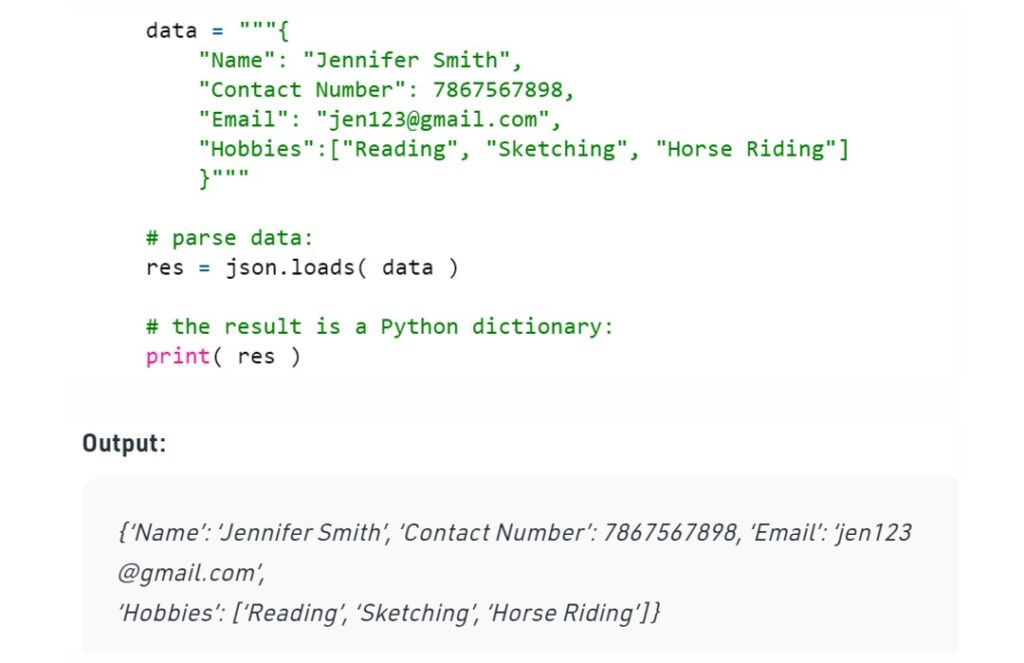
I'm happy to help you with your question!
To load a JSON file using Python, you can use the json module, which is included in the standard library. Here's an example of how to do it:
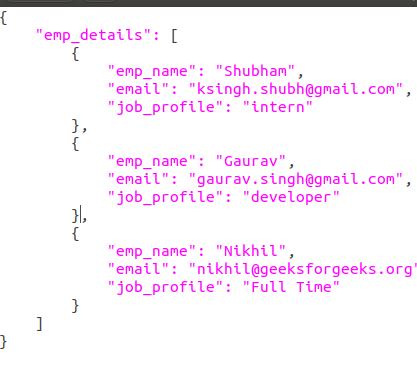
import json Load the JSON filewith open('data.json', 'r') as f:
data = json.load(f)
print(data)
In this example, we're assuming that you have a JSON file named data.json in the same directory as your Python script. The file contains a JSON object (or array) that we want to load into our Python program.
The json.load() function is used to parse the JSON file and return it as a Python object. In this case, we're opening the file with open('data.json', 'r'), which opens the file in read mode ('r'). The with statement ensures that the file is properly closed after we're done with it.
The json.load() function returns a dictionary (or list) that represents the JSON object or array. You can then access the values in the JSON object using standard Python dictionary methods, such as .keys(), .values(), and .items().
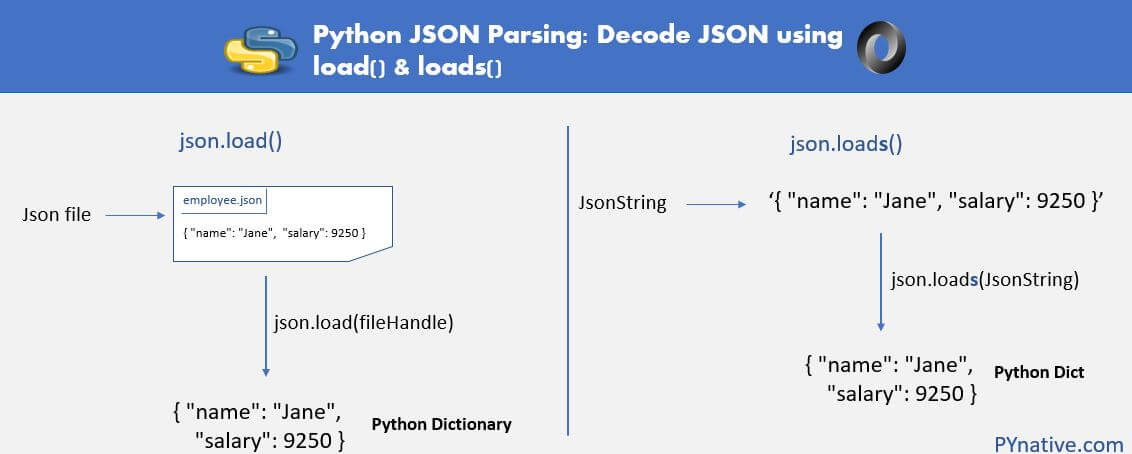
Here's an example of how you might use this loaded data:
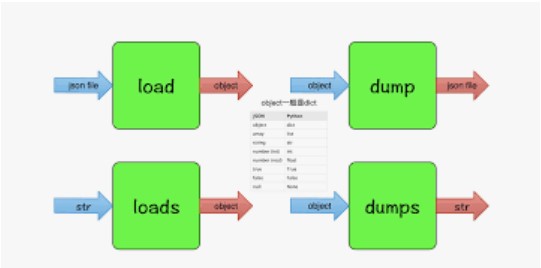
import json Load the JSON filewith open('data.json', 'r') as f:
data = json.load(f)
for item in data['items']:
print(item['name'], item['age'])
In this example, we're assuming that our JSON file contains a dictionary with an items key that points to a list of objects. Each object has name and age keys.
If you have a more complex JSON structure, such as nested dictionaries or arrays, the json.load() function will still work correctly. For example:
import json Load the JSON filewith open('data.json', 'r') as f:
data = json.load(f)
for person in data['people']:
for skill in person['skills']:
print(person['name'], skill)
In this example, we're assuming that our JSON file contains a dictionary with people and skills keys. Each person dictionary has name, age, and skills keys, which is an array of strings.
These are just a few examples of how you can use the json.load() function to load and work with JSON data in Python. I hope this helps! Let me know if you have any questions or need further clarification.
